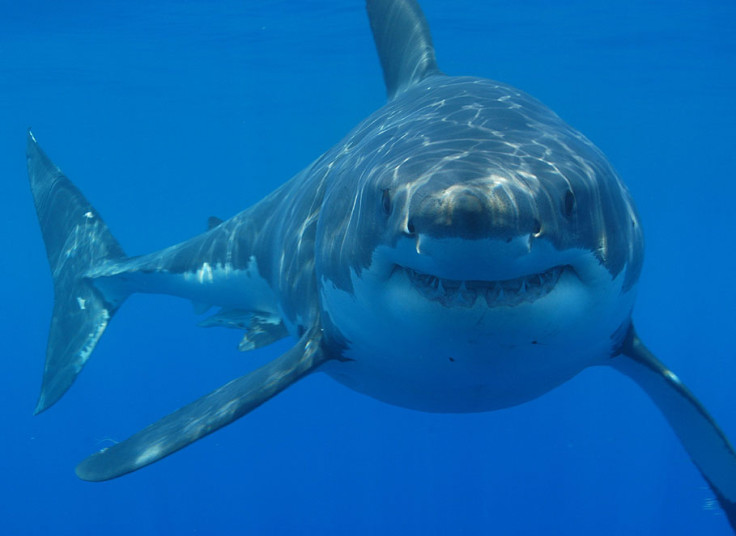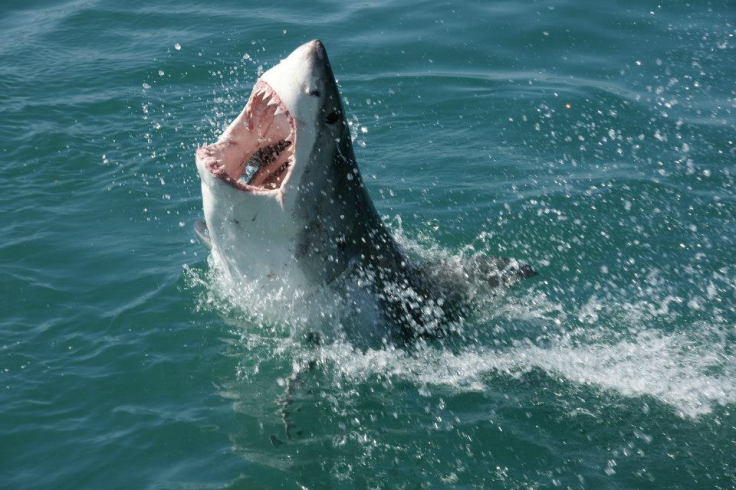Great white sharks have almost been wiped out in South Africa
There are as few as 350 great whites in the country's waters, according to a population survey.

The population of great white sharks in South Africa is on the brink of extinction, with as few as 353 individuals left. As well as plummeting numbers, researchers also found this group of great whites has the lowest genetic diversity of any other population in the world.
The population survey, published in the journal Marine Ecology Progress Series, is the result of six years of fieldwork in Gansbaai – an area known of its abundant great whites – and along the coastline of South Africa. This is the biggest field research study on South Africa's great whites ever undertaken.
Researchers from Stellenbosch University in South Africa took biopsies for genetic analysis as well as more than 5,000 photographs of the dorsal fins of sharks. The dorsal fin is like a fingerprint in that it is unique to each shark and provides a marker to recognise individuals.
Analysis showed there were only 400 individual great whites left in these waters. Their population estimate, with 95% certainty, is just 353 to 522. This is almost 50% fewer than previous estimates.
"The numbers in South Africa are extremely low. If the situation stays the same, South Africa's great white sharks are heading for possible extinction," said lead author Sara Andreotti.

Results from their genetic analysis showed South Africa's great whites has the lowest diversity of any other population in the world, with just 333 individuals contributing offspring to the next generation. "The genetic analysis is not the same as counting the sharks," Andreotti said. "Here, one estimates the number of successful breeding individuals who generated the sampled population. The results can also be used to indicate the survival potential of a population.
"Although we don't know if this will be the case for white sharks, previous research on other species indicate that a minimum of 500 breeding individuals are required to prevent inbreeding depression... their numbers might already be too low to ensure their survival." The cause of the decline is believed to be shark nets, poaching, pollution and a decline in sources.
Researchers warned that their status as apex predator would mean the loss of great whites would have a huge impact on the ecosystem of South Africa's ocean. "The survival of South Africa's [great] white shark population and the ecological interactions of the coastline will be seriously compromised if urgent management measures to prevent the decline are not put in place," Andreotti said.
© Copyright IBTimes 2024. All rights reserved.























